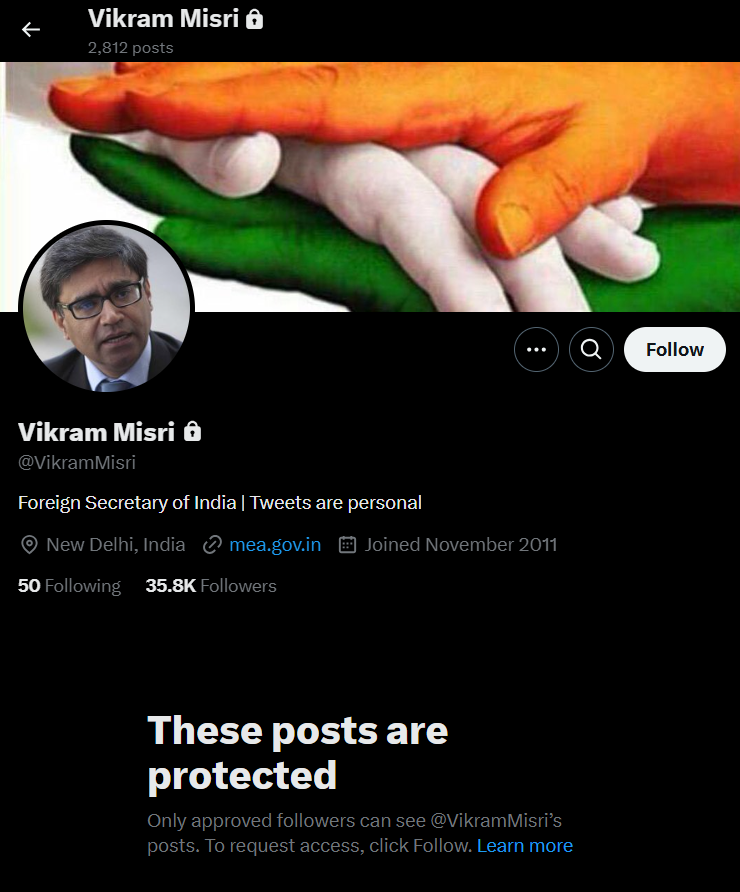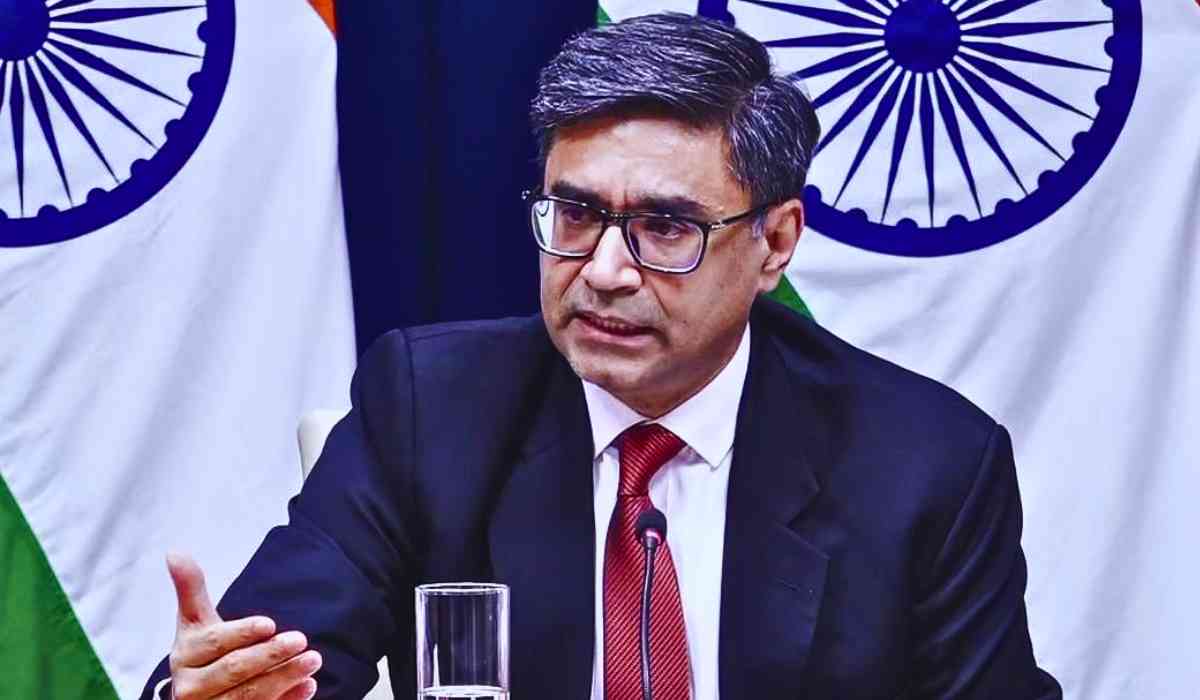India’s Foreign Secretary Vikram Misri, one of the country’s most respected diplomats, has recently become the center of a troubling online storm. After announcing a ceasefire agreement between India and Pakistan-a move made on behalf of the Indian government-Misri and his family, including his daughter, were subjected to intense social media abuse and personal attacks. This incident has raised important questions about the growing trend of targeting not just public officials, but also their families, in the digital age.
What Happened?

The controversy began after Misri, representing the government, announced that India and Pakistan had agreed to halt military operations following a period of heightened tensions and violence. While such announcements are part of a diplomat’s duty, a section of social media users responded with outrage. Instead of directing criticism at the government or elected leaders, many users targeted Misri personally. The abuse quickly escalated, with trolls digging up old social media posts, sharing private photos, and even disclosing personal contact information of his family members.
Misri’s daughter, Didon, who works as a lawyer in London, was especially targeted. She faced inappropriate and misogynistic comments, and her professional work-helping Rohingya refugees-was twisted to question her patriotism. The attacks were so severe that Misri made his X (formerly Twitter) account private to protect himself and his family from further harassment.
Widespread Condemnation
The trolling and abuse were widely condemned by political leaders, senior diplomats, and civil society. Associations of IAS and IPS officers called the attacks “unwarranted” and “utterly shameful,” emphasizing that civil servants should not be blamed for decisions made by the political leadership. Asaduddin Owaisi, a prominent political leader, reminded the public that diplomats like Misri are simply carrying out the duties assigned to them by the government, not acting on personal whims.
Former diplomats and journalists also voiced their support. They highlighted Misri’s professionalism and dedication, and criticized the culture of online hate that targets individuals for simply doing their jobs. Many pointed out that such abuse not only harms the individuals involved but also undermines the dignity of public service.
A Disturbing Trend: Families in the Crosshairs
_1747030707.jpeg)
While public scrutiny and debate over government decisions are natural in a democracy, the targeting of officials’ families is a worrying trend. This is not the first time that family members of public servants have been dragged into online controversies. In the past, relatives of other high-ranking officials have also faced similar harassment.
This pattern raises important questions:
-
Why are families being targeted?
Social media allows for anonymity, making it easier for individuals to cross ethical boundaries. When emotions run high over national issues, some users vent their anger on the most visible faces-often the messengers, not the decision-makers. -
What are the consequences?
Such abuse can have serious mental and emotional impacts on officials and their families. It can discourage talented individuals from taking up public service roles or participating in open discussions online. -
Is this becoming the new normal?
The frequency of such incidents suggests a disturbing normalization of personal attacks, especially in the digital space. The line between criticizing policies and attacking people is increasingly blurred.
The Need for Civility

It is important to remember that civil servants like Vikram Misri operate within the framework set by elected leaders. They are tasked with implementing and communicating decisions, not making policy on their own. Criticizing government actions is a democratic right, but targeting individuals and their families crosses a line.
The outpouring of support for Misri shows that many Indians value dignity, professionalism, and respect in public life. However, the incident also highlights the urgent need for stronger action against online harassment and for a broader conversation about digital civility.
Final Note
The abuse faced by Foreign Secretary Vikram Misri and his family is a stark reminder of the challenges public officials face in the age of social media. While robust debate and criticism are essential for democracy, personal attacks-especially those involving family members-should never become acceptable. As society, we must draw a clear line between holding officials accountable and engaging in harmful, personal abuse. Only then can we ensure that public service remains a respected and dignified calling.
With inputs from agencies
Image Source: Multiple agencies
©️ Copyright 2025. All Rights Reserved Powered by Vygr Media.






















